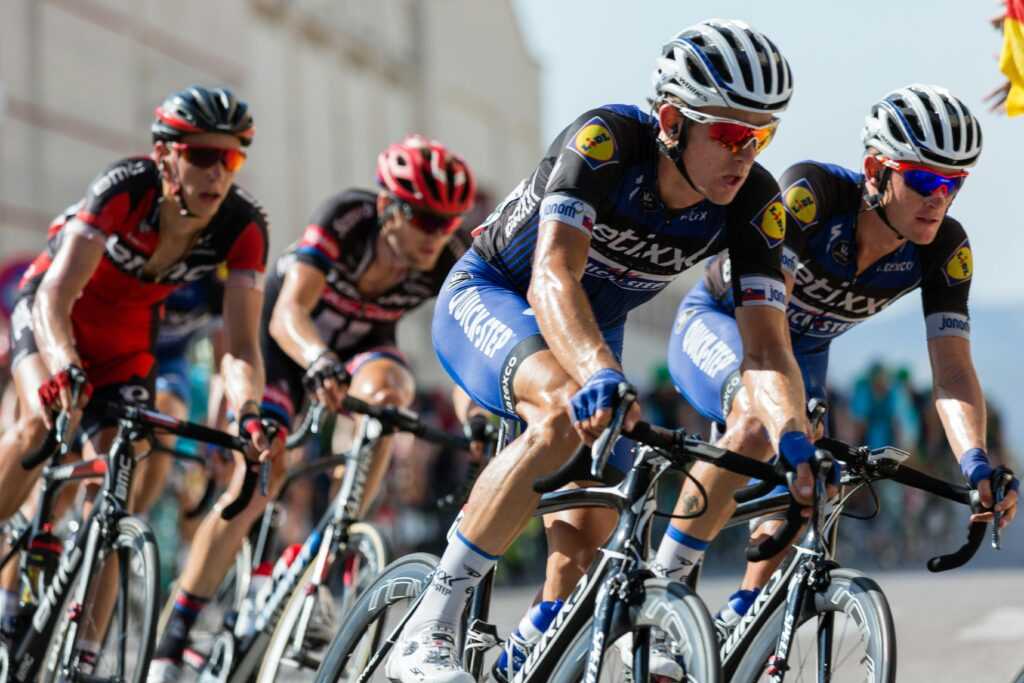Focus and adaptability are not just nice to have. They are part of what keeps everyday life running smoothly. A surprise meeting, a delayed train, or a small mistake can disrupt a routine, yet staying calm and adjusting quickly helps prevent minor issues from becoming bigger problems.
Sports offer a clear demonstration of how focus and flexibility work together. In the heat of a game, athletes face pressure, adapt to changes, and make split-second decisions. These moments of intense action are not only for entertainment. They show the empowerment of mastering essential mental skills that apply to everyday life.
How athletes train, think, and respond can be a practical guide for anyone navigating life’s twists and turns. Their approach provides valuable lessons that strengthen resilience and problem-solving skills.
Mental Strength Shows in Small Moments
Athletes do not build toughness by chance. It comes from showing up every day, even when motivation is low. Every time they practise a skill, accept criticism, or recover from a loss, their mindset grows stronger.
It is not about being perfect but about staying steady. That kind of thinking helps in life’s more challenging moments, such as when a job does not go well, studying feels like a grind, or goals take longer to reach. Consistent effort builds confidence and keeps progress steady, even when outcomes are uncertain.
This mental strength also applies to pressure-based environments that require calm decision-making. A good example is live casino games with human dealers, where quick decisions and steady thinking matter as much as they do in sports. Keeping a cool head helps avoid rash choices and often leads to better results.
Focus on a Goal Builds Stronger Habits
In every sport, players have one clear aim: to improve and reach their goals. Training drills, set plays, and structured routines help them stay on track, even when things do not go perfectly.
This focus develops over time. Players learn how to block out distractions and push through discomfort. They keep going instead of giving up when they feel tired or bored. The same discipline can carry over into studying, working, or pursuing personal achievements.
Simple actions like adhering to a strict bedtime, finishing tasks before relaxing, or staying focused at work become easier when the mind has been trained to lock in, just as athletes do during a game.
Adapting Quickly Keeps You in the Game
Things change quickly in sports. A teammate might get injured, or the opposing team might play in a way no one expected. When that happens, sticking to the original plan will not work.
Athletes learn early that reacting well is just as crucial as preparing well. They shift strategies, make quick decisions, and stay calm when plans fall apart. They also accept that mistakes will happen and simply move forward. This mindset teaches flexibility and mental resilience, equally valuable off the field.
That way of thinking also helps in everyday situations. Adjusting a daily routine, dealing with unexpected tasks, or fixing a problem without frustration becomes easier when someone is used to adapting without losing focus. It is about reacting and doing so calmly and wisely, which builds reassurance and confidence.
Staying Present Helps You Make Better Decisions
One of the most common mistakes in sport is letting a bad moment affect the next one. Players who focus too much on a missed shot often lose concentration on the following play. The best athletes learn to let go of the last moment and focus on what is happening now.
This habit also works in real life. Staying present helps people avoid spiralling into worry or regret. It keeps attention fixed on the task, whether it involves solving a problem, talking with someone, or managing a busy day. Instead of reacting emotionally, people who stay in the moment often make clearer and more intelligent choices.
Concentrating entirely on what is in front of you, without dragging in unnecessary stress, makes everyday life smoother and more manageable.
Quick Learning Comes from Real-Time Practice
Sports never stop teaching. In every game, players gain new insights. They study their mistakes, take feedback from coaches, and observe what works for others. They then test new approaches and adapt as they go.
That same process of learning quickly and trying again is valuable in any environment. People who adapt quickly in school, at work, or during problem-solving often stay ahead. They do not waste time feeling stuck but instead keep experimenting until they find what works best.
Being mentally flexible does not mean changing all the time. It means recognising when something is not working and being open enough to adjust without fear. Athletes do this constantly, one of the most valuable skills they take beyond their sport.
Final Words
Sports do not only shape strong bodies; they also shape strong minds. The habits built on the field, such as staying focused, adapting quickly, and maintaining a steady mindset, make a lasting difference in everyday life. These lessons endure long after the game ends. When life throws a challenge, these quiet, trained habits often help people stay balanced and on course.





